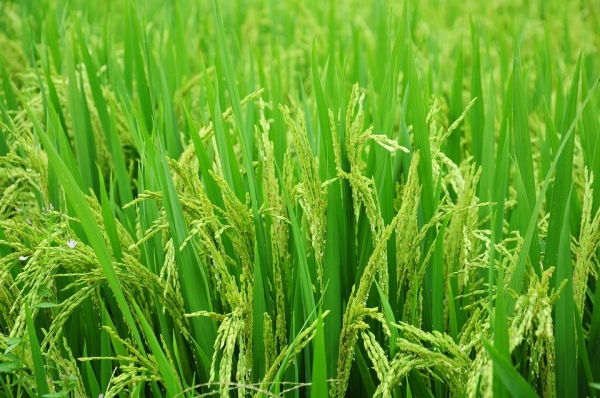Collective groundwater pumping by millions of farmers in Bangladesh has created vast natural reservoirs underground that rival the world’s largest dams, sustaining irrigation that has transformed this previously famine-prone country to a food-secure nation, finds a new UCL study.
Published in Science, the study explores the combined impact of 16 million smallholder farmers pumping shallow groundwater during the dry season to irrigate rice paddies in the Bengal Basin of Bangladesh between 1988 and 2018.
The study revealed that by lowering groundwater levels through dry season pumping, leakage from rivers, lakes and ponds replenishing groundwater was spurred during the subsequent monsoon. This capture of surface water not only allowed groundwater levels to recover but, in doing so, helped to reduce flooding.
Through this process, which the authors describe as “The Bengal Water Machine”, more than 75 cubic kilometres of freshwater was “captured” over 30-years – a volume equivalent to the combined reservoir capacities of China’s Three Gorges Dam and the Hoover Dam in the US.
Read more at University College London
Photo Credit: dangtrunghieu via Pixabay


